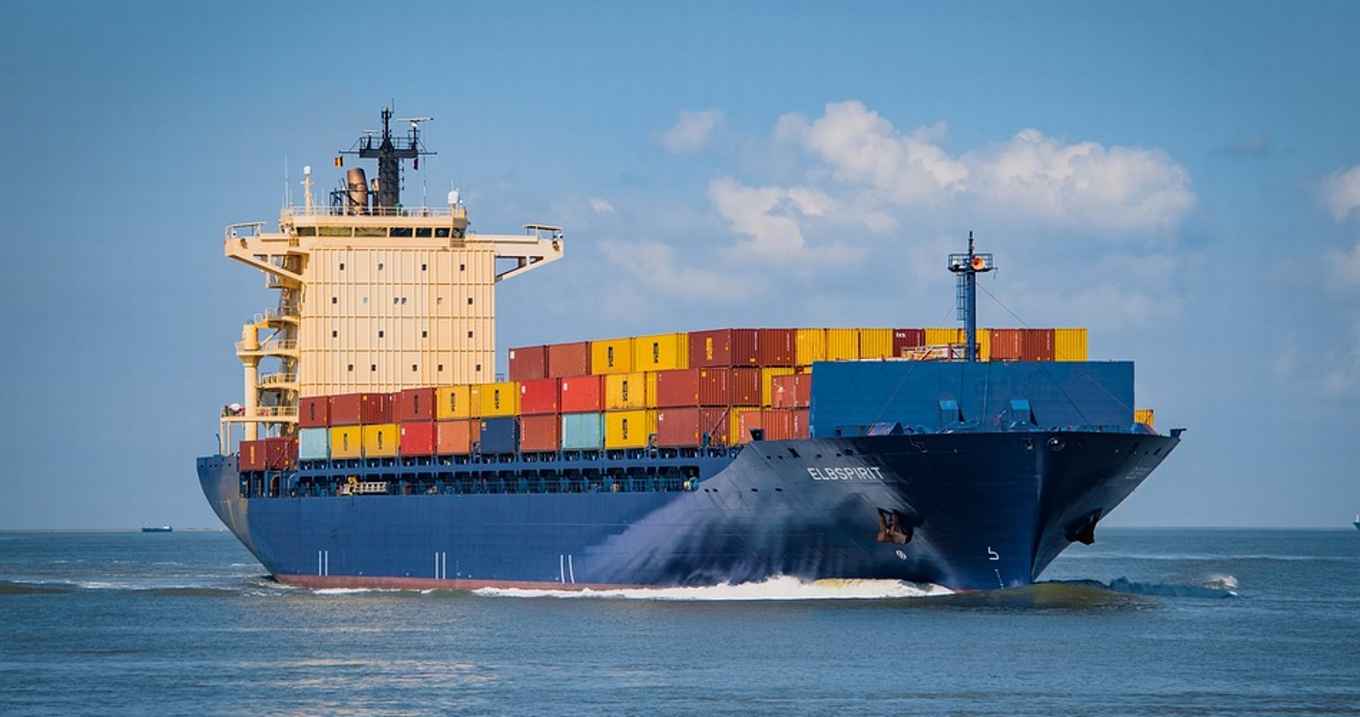24.2 million euros for consortium that aims to power marine shipping with hydrogen
2 December 2021

The partners within the consortium will work together on a broad and ambitious innovation project to accelerate the introduction of hydrogen as a marine fuel. Developing the application of hydrogen is one of the pillars of the Dutch Maritime Master Plan, to which this consortium contributes extensively. The total project fund of 34 million EUR affords extensive research and development into multiple avenues for hydrogen application and accelerates the transition to zero-emission shipping.
‘SH2IPDRIVE will ensure the Dutch maritime sector is in a prime position to respond to the expected market demand for hydrogen systems by providing the necessary innovation stimuli to the technology developers, suppliers, ship owners and ship builders and will strengthen the country’s competitive position as a leader in the field of maritime hydrogen applications,’ says Klaas Visser, Ship Design, Production & Operations - TU Delft.
The project
SH2IPDRIVE is developing the foundation for a strong maritime hydrogen economy in the Netherlands. The results of SH2IPDRIVE align entirely with the objectives formulated in the Dutch Maritime Master Plan, aimed at strengthening the position of the Netherlands as a world leader in sustainable ship building and shipping.
The project activities cover the full scope of hydrogen research and development and are organised in nine different work packages including Bunker and Storage Systems, Hydrogen Carriers, Fuel Cells, Data Collection and System Validation, System Integration, Modular Testing, Ship Design and Safety.
‘This is the project we need to boost knowledge and technology in the field of hydrogen applications in the maritime sector and to create a strong Dutch ecosystem. We already know that hydrogen can be produced completely carbon-free by using green electricity. With the electrochemical conversion of hydrogen in a fuel cell, power can be generated onboard to drive ships fully emissions-free with no greenhouse gases, nitrogen oxides, or particulate matter being released. However, to achieve a fully zero-emissions shipping sector quickly and cost-effectively, a lot more research is required in optimal techniques, applications and standardisations. This is exactly what all parties of SH2IPDRIVE are working on,’ comments Marjon Castelijns, Manager Business Development - Future Proof Shipping (FPS).
Role of the UvA
The University of Amsterdam is involved in the work package 'Hydrogen carriers'. Within this work package, TU Delft and the UvA will conduct research into various types of experimental hydrogen carriers in collaboration with a number of SME companies. This creates hydrogen storage solutions with a much greater volumetric energy density and potentially fewer safety risks than by using hydrogen at high pressure or low temperature. The prospects for hydrogen carriers are promising, but the technology is far from mature; the activities in this work package must therefore also be regarded as highly innovative in an international context. Specifically, the focus is on Liquid Organic Hydrogen Carriers (LOHC) and various types of borohydrides (BH); the most promising solution is worked out in detail and validated on a laboratory scale and in test setups. The coordination of the UvA’s part of the study is in the hands of chemist Chris Slootweg of the Van 't Hoff Institute for Molecular Science.
The consortium
The partners within the SH2IPDRIVE consortium are:
Future Proof Shipping B.V. | Technische Universiteit Delft | Nedstack Fuel Cell Technology B.V. | Maritiem Research Instituut Nederland MARIN | Koedood Dieselservice B.V. | Scheepvaartonderneming Van Dam | Holland Shipyards B.V. | Nederlandse Organisatie voor toegepast-natuurwetenschappelijk onderzoek TNO |Bosch Rexroth B.V. | Cryovat Internationaal B.V. | H2Storage B.V. | H2 Circular Fuel B.V. | H2FUEL | Royal Roos B.V. | Solid Hydrogen B.V. | Universiteit van Amsterdam | Voyex B.V. | Encontech B.V. | Technische Universiteit Eindhoven | Universiteit Twente | Rivermaas B.V.| IHC Holland B.V. | Royal Dutch Shell | Concordia Damen Shipbuilding B.V.| Defensie Materieel Organisatie
SH2IPDRIVE’S total project budget is 33.6 million EUR, which includes the requested subsidy of 24.2 million EUR, and the partners’ own resources of 9.4 million EUR.